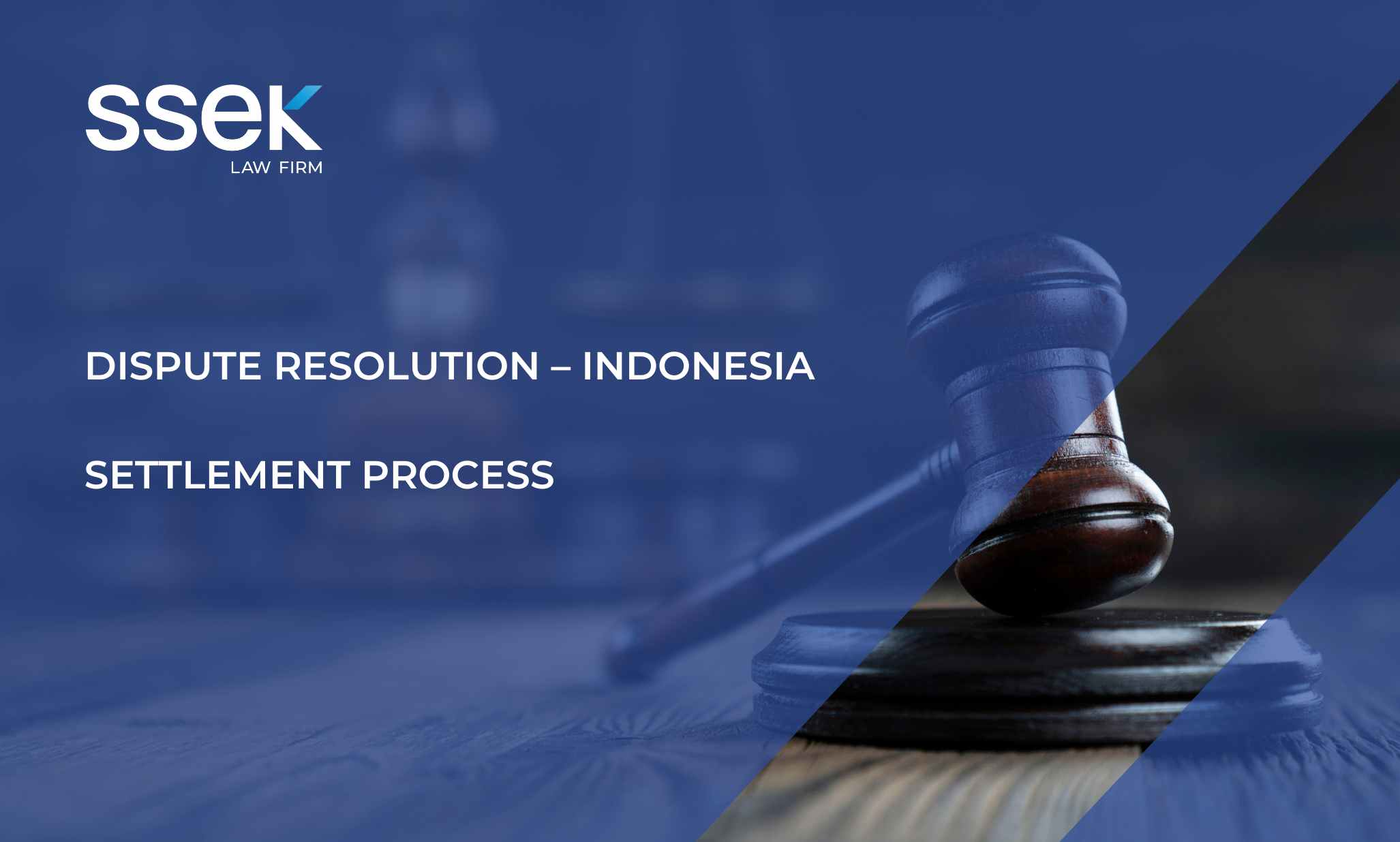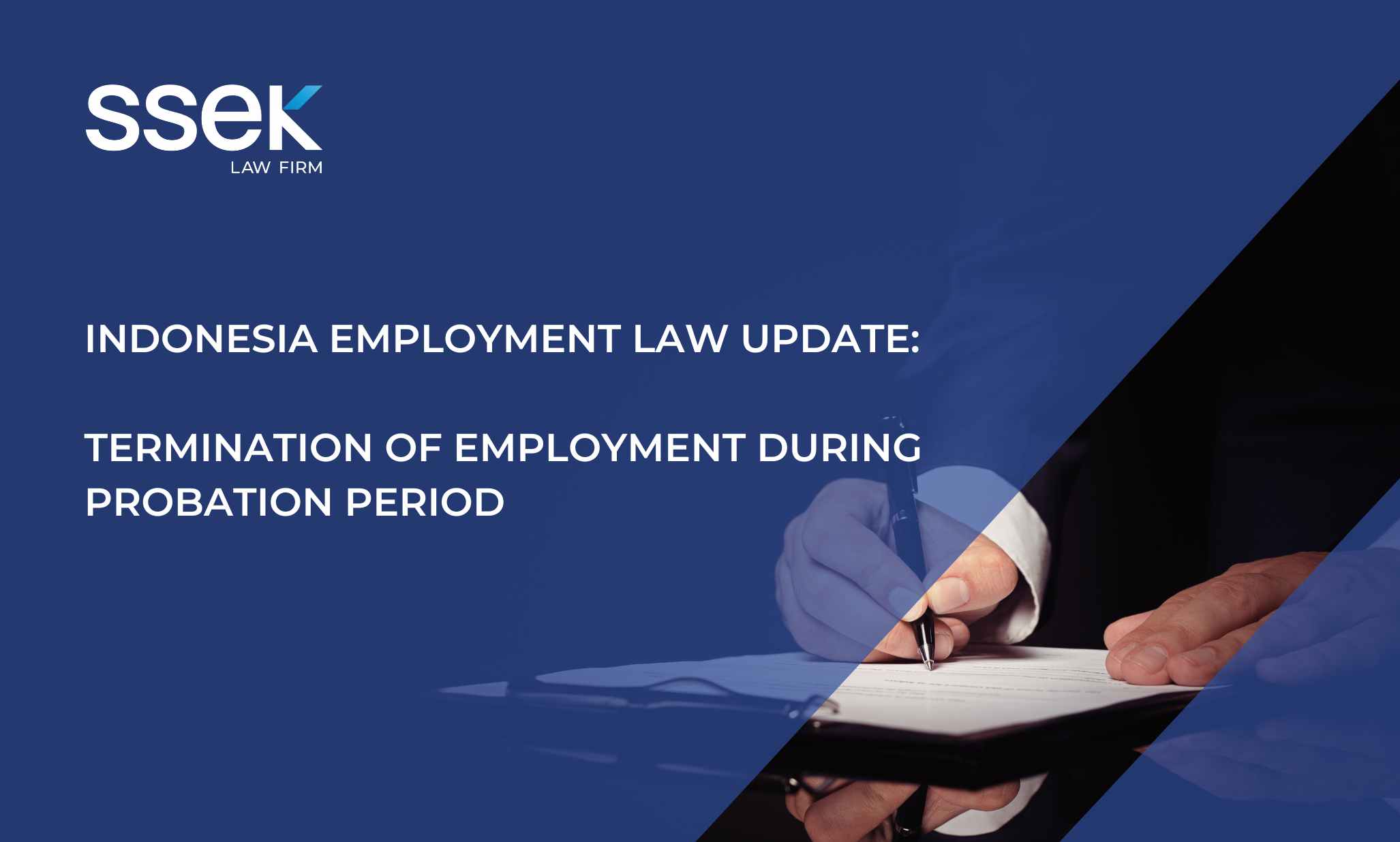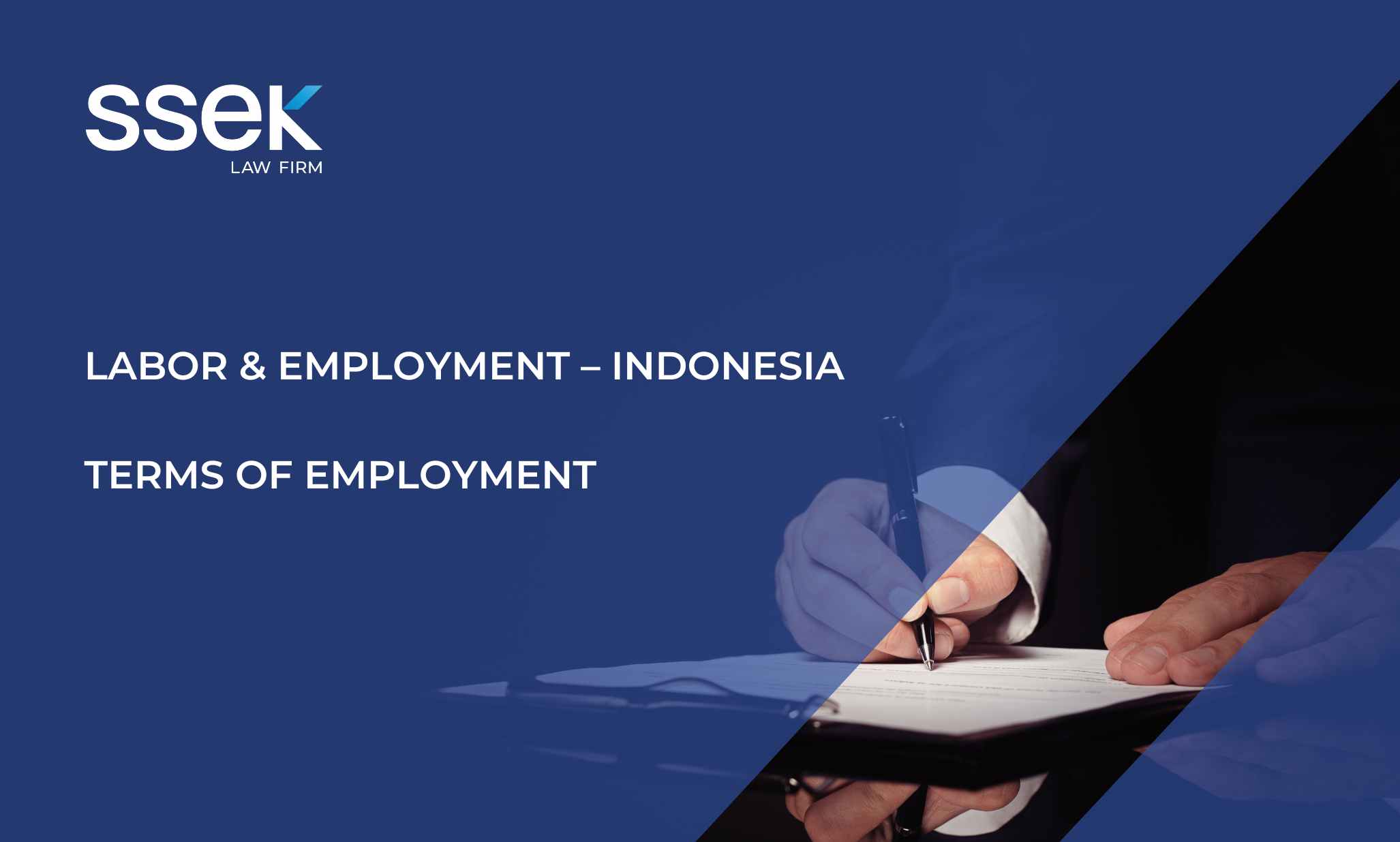

Bank Indonesia, Indonesia's central bank, officially transferred its banking microprudential supervisory powers to the Financial Services Authority (OJK) on December 31, 2013. Agus Martowardojo, the governor of Bank Indonesia, signed the Record of Transfer (Berita Acara Serah Terima) to Muliaman D. Hadad, the Chairman of the OJK's Board of Commissioners.
The OJK now has the authority to monitor individual banks, including the supervision of licensing matters and the day-to-day operations of banks. Bank Indonesia will retain macroprudential supervisory powers and will monitor the banking system as a whole.
OJK Fully Up and Running
After this latest transfer of power, the OJK has taken over full supervision of capital markets and financial institutions in Indonesia, including banks and non-banking financial institutions such as insurance companies, financing companies and retirement funds.
Supervisory powers over capital markets and non-banking financial institutions were transferred from the Capital Market and Financial Institutions Supervisory Agency (Bapepam-LK) to the OJK on December 31, 2012, exactly one year prior to the transfer of banking microprudential supervision from Bank Indonesia. The transfer of power from Bapepam-LK and Bank Indonesia to OJK was mandated in Article 55 of Law No. 21 of 2012 regarding the OJK.
Bank Indonesia will continue to carry out macroprudential functions and deal with systemic threats to the industry. The central bank will still supervise monetary policy, payment systems and other macroprudential issues.
Consequences of Division of Power
With this division of banking supervision authority, there is the possibility of overlap between Bank Indonesia's banking macroprudential supervision and the OJK's banking microprudential supervision. However, both the central bank and the OJK have sought to reassure all parties that they will seek to avoid, or minimize, any such overlap through constant coordination.
Fees Under the OJK
The operating costs of the OJK will be covered by the state budget and fees imposed on industries under the auspices of the OJK i.e., capital markets, banks and nonbanking financial institutions. The size of such fees will be stipulated by Government regulations and the fees will be imposed differently for each industry. Such industry fees are expected to help the OJK carry out its supervisory duties more effectively and more professionally.
OJK employees will come from Bank Indonesia and Bapepam-LK. Ultimately, more than 1,100 central bank employees will be transferred to the OJK. Since last year, 936 Bapepam-LK employees have been transferred to the OJK to supervise capital markets and non-banking financial institutions. The OJK has inaugurated 29 branch offices and six regional offices throughout Indonesia, which for the time being will share space in Bank Indonesia's regional offices.
Authorities have offered reassurances that there will be no disruptions to the banking industry or the activities of individual banks during the transition from Bank Indonesia to the OJK. But the bigger questions of what this change means for the regulation of Indonesia's financial industry remain as the OJK establishes itself and indicates in which direction it is likely to go.
About SSEK
SSEK is a leading full-service corporate and commercial law firm based in Jakarta, Indonesia. Since its founding in 1992, SSEK has grown to one of the largest and most highly regarded corporate law firms in Indonesia. SSEK is recognized by independent legal directories including Chambers & Partners, The Legal 500 and Asia Law as a leading law firm in Indonesia across all major practice areas including banking and finance, capital markets, corporate law and mergers and acquisitions, construction and real estates, energy and natural resources, IT and telecommunications, labor and employment, project finance, restructuring and insolvency, and shipping.
This publication is intended for informational purposes only and does not constitute legal advice. Any reliance on the material contained herein is at the user's own risk. You should contact a lawyer in your jurisdiction if you require legal advice. All SSEK publications are copyrighted and may not be reproduced without the express written consent of SSEK.









